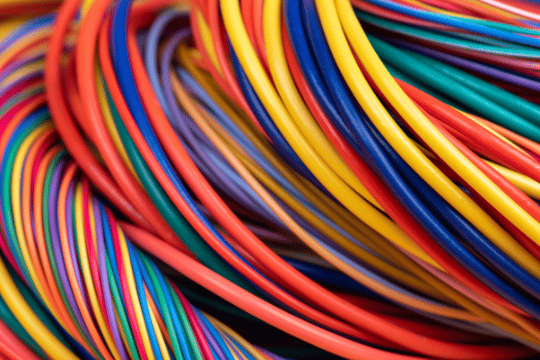Copper vs Aluminium insulated wire for home wiring
When it comes to home wiring, the choice of wire material is crucial. The two most common materials used for insulated wires are copper and aluminium. Both have their unique properties and uses, but which one is better for home wiring?

Copper wires are made from the metallic element copper, known for its excellent electrical conductivity. They are often used in power generation, power transmission, power distribution, telecommunications, electronics circuitry, and countless types of electrical equipment.
Aluminium wires, on the other hand, are made from aluminium, a silvery-white, soft, non-magnetic, and ductile metal. Aluminium wires are lighter and less expensive than copper, making them an attractive option for many.
Key differences between Copper and Aluminium wires
- Conductivity: Copper has a higher conductivity than aluminium, meaning it can transmit more electricity. This makes copper wires more efficient, as less energy is lost as heat during transmission.
- Weight: Aluminium is lighter than copper. If you’re dealing with long distances, aluminium wires can be easier and cheaper to transport and install.
- Cost: Aluminium is generally cheaper than copper. If budget is a concern, aluminium wires may be a more cost-effective choice.
- Durability: Copper is more durable and less prone to corrosion than aluminium. This means copper wires can last longer and require less maintenance.
- Flexibility: Copper wires are more flexible than aluminium, making them easier to work with, especially in tight spaces.
Which is Better and Why?
The choice between copper and aluminium wires depends on the specific needs of your home wiring project. Both the copper and aluminium insulated wires have their strengths and are suited to different applications.